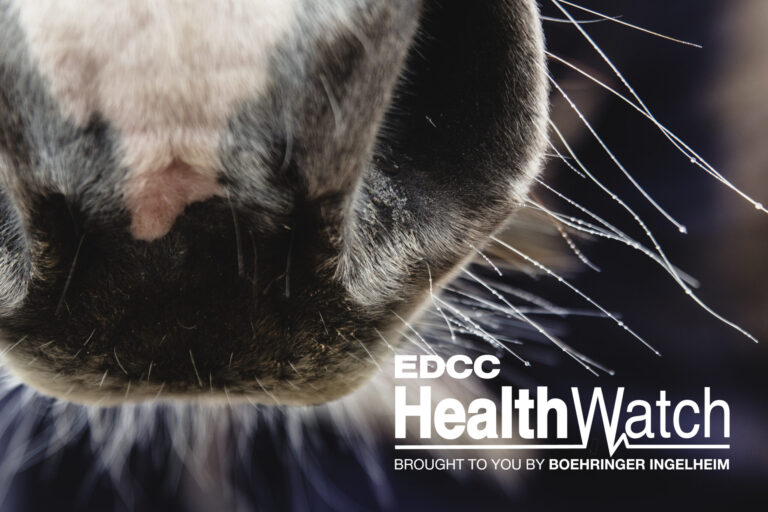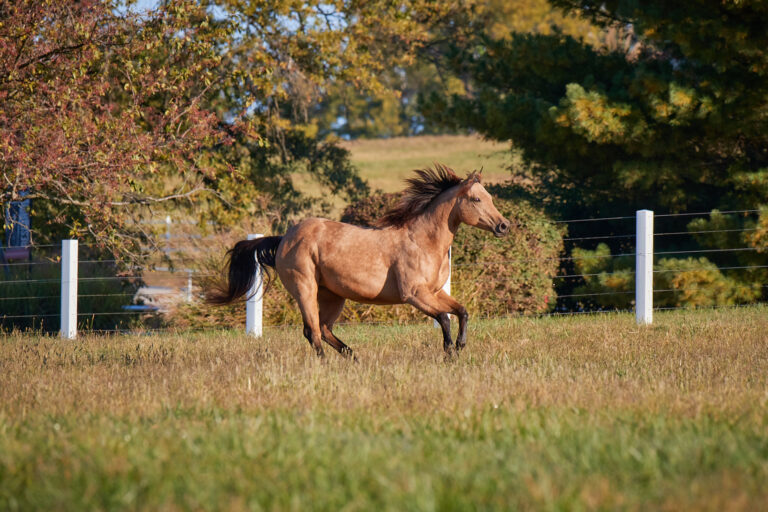
At the 2021 AAEP Convention, Jay McChord presented ways to look at how a practice conducts business with staff and clients. Communication with clients is key to a successful practice. Yet, in today’s world, McChord explained that it is hard to hold a person’s attention span.
Today, the average attention span is only eight seconds, whereas in 2000, it was 12 seconds. He pointed out that a goldfish has a nine-second attention span! This isn’t much time for a veterinarian to get points across that are relevant for a client to manage or improve a horse’s care.
Consider these facts and how they pertain to attracting and retaining the best clients and staff. And, he said, these facts apply to all communication—including email.
The moral of his story is to be concise! This does not mean “short,” but rather it means “nothing unnecessary.”
Generational differences can cause conflict, but if there is an understanding of what those differences might be, there are opportunities to improve working relationships. We have a unique situation in modern veterinary practice; often there are as many as five generations now working side by side, and each communicates differently.
The Traditionalists say, “Write me.” Baby Boomers say, “Call me.” The Gen Xers say, “Email me” and the Millennials say, “Text me.” Finally, the Gen Zers say, “Snap or DM me.”
Besides differences in communication preferences, each generation defines things differently when it comes to technology, time management, success, leadership, flexible work environment, mental health and hard work. This different worldview can make it difficult for practice owners to recruit and retain those they hire.
By looking at these issues through a different lens, practice owners, associates and staff can acknowledge that they are likely wanting and perceiving different things. Efforts at communication become invaluable to bridge the distance between cultural philosophies.
McChord described the compression of the Two Tens: Each day, two “10s” get closer together, meaning that 10,000 Baby Boomers will retire today and each day after that for the next 17 years, which puts pressures on a veterinary practice.
For example, he asked, what happens when your business relies on a Boomer-started company and the Boomer retires?
In addition, we are in a 10-year window where Millennials are 60% of the workforce and soon to be 70%. They impact everything and make decisions. Millennials ask: “Why? Why do you do it this way? Why not? Why can’t we?” This outlook threatens to deconstruct older practitioners’ set protocols.
Instead of ignoring or denying the relevance of their questions, an older practitioner’s response might consider solving a problem: “How?” Ask them how they would approach the problem. How do they see doing it differently? Millennials might present worthy suggestions that are worth pursuing.
McChord described one word and one image for each generation that sums up perceived differences in world view:
| Generation | Word | Image |
| Traditionalists (< 1946) | Rules (structure) | Hourglass |
| Baby Boomers (1946-1966) | Legacy | Cornerstone of a building |
| Gen X (1966-1981) | Level | Video games |
| Millennials (1981-2000) | Impact | Different video games |
| Gen Z (2000-2015) | Customize | Social media |
Traditionalists are intent on operating on their time, to the point of wanting to share life experiences despite the lengthy time it takes.
For the Baby Boomers, work matters, as does the legacy they leave behind, including a desire for their name to be front and center. Boomers also value teamwork and higher education.
For Gen Xers, the goal of their video games growing up was to rise to each next level—the competition isn’t against people but rather against the “game.” Gen Xers are more independent in how they wish to work a task, preferring little to no oversight.
Millennials want to control the story and want things “now” despite the fact that it is difficult to speed up relationships or job growth. They are used to collaboration as part of their educational process, and they appreciate having a sense of purpose.
Gen Zers have grown up fully in a digital world with social media a critical part of their culture. Gen Zers see the world as entirely malleable to their wants and needs.
In addition to the generational differences, equine practitioners have to contend with cultural changes in how business is conducted due to the pandemic. Since COVID-19 bombarded our world, remote work is becoming more prevalent and is changing everything.
McChord pointed out that “everything says something” in terms of the way you talk, dress and show professionalism. It is smart to communicate to your staff and clients every day the reasons why your practice exists, urged McChord. Once you articulate that vision, clients want to align with the reasons for which you stand.
Take-Home Message
Due to virtual platforms and fewer in-person interactions, relationships have taken on a new construct, making it more challenging to “know” people. And don’t forget that eight-second attention span. Look at the new world through a new lens. Consider generational differences, low attention span and remote work to understand how you can help your business thrive by making adjustments to these new circumstances.









